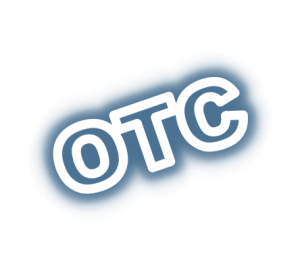Welcome to a Special Issue of Canadian Audiologist Focused on Over-the-Counter Hearing Aids
 ‘It’s tough to make predictions, especially about the future.’—Yogi Berra
‘It’s tough to make predictions, especially about the future.’—Yogi Berra
Over-the-counter (OTC) hearing aids have existed for many years ‘under the radar,’ but have played a relatively marginal role in Canada, where most people obtain hearing aids in a clinic. We are now at a point where they will likely begin to play a larger role. In 2017, the OTC Hearing Aid act was signed in the US, requiring that a standard be developed to define an OTC class of hearing aids. This has yet to be released, but is anticipated for August of 2020. Since Canada tends to follow the lead of the US in these matters, Canadian audiologists fully expect to see an opening of the market to OTC devices on this side of the border as well. However, the form this will take, and the ultimate impact of the availability of OTC aids, are not yet known.
Given that an OTC hearing aid distribution model is designed to provide accessibility without requiring our services, it is tempting to adopt an oppositional stance—to focus primarily on the problems associated with an OTC model and to formulate arguments against allowing OTC hearing aids in Canada. On the other hand, it is difficult to prevent change, and most changes have both positive and negative aspects. A knee-jerk oppositional approach is less likely to result in a positive outcome than a strategic approach that focuses on ways to harness the positive aspects of change and to mitigate the negative aspects.
With this in mind, the Canadian Academy of Audiology has been working to support our members by exploring ways in which this issue can be approached thoughtfully. This has included talks and discussions at our annual CAA conference, the formation of an OTC working group, and articles here in Canadian Audiologist. With this special issue, we are hoping to further the discussion. So welcome this issue, and happy reading!


